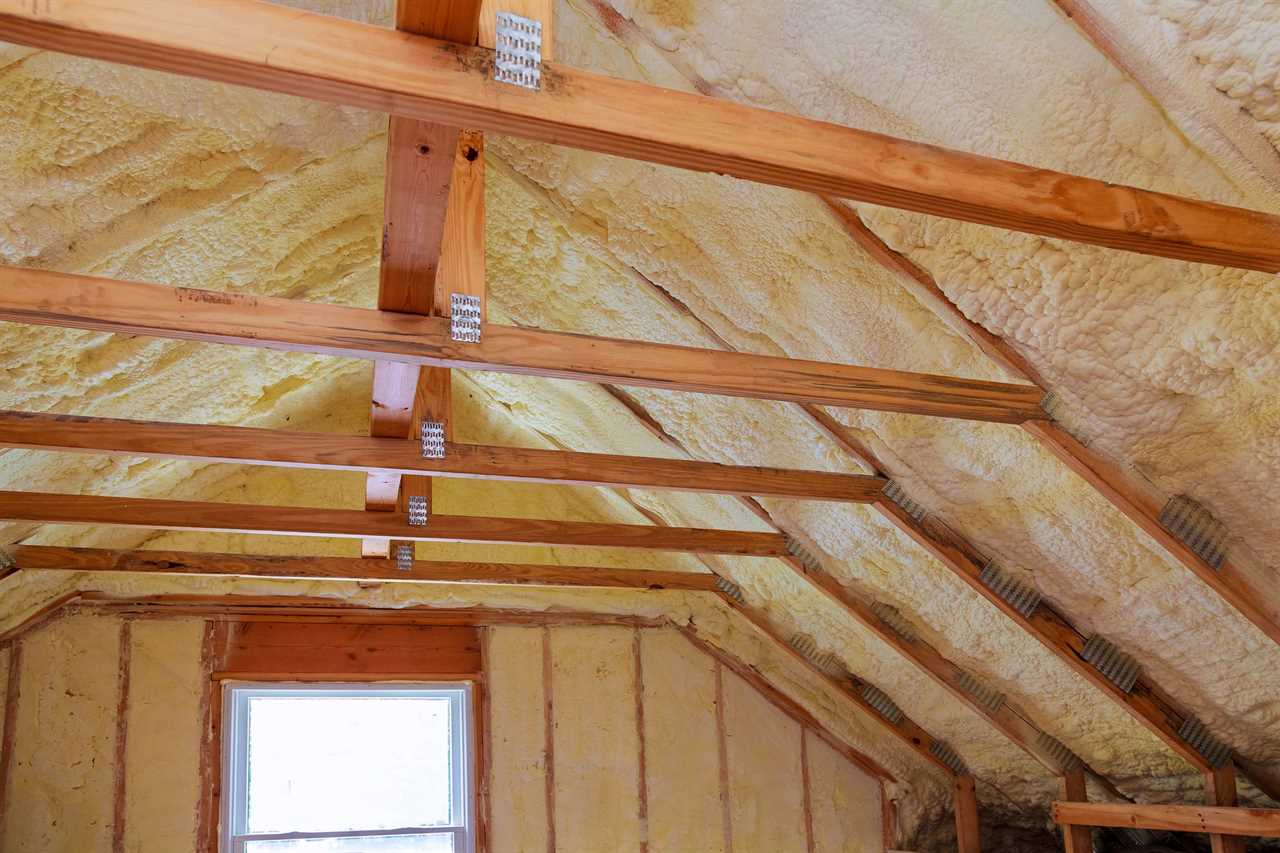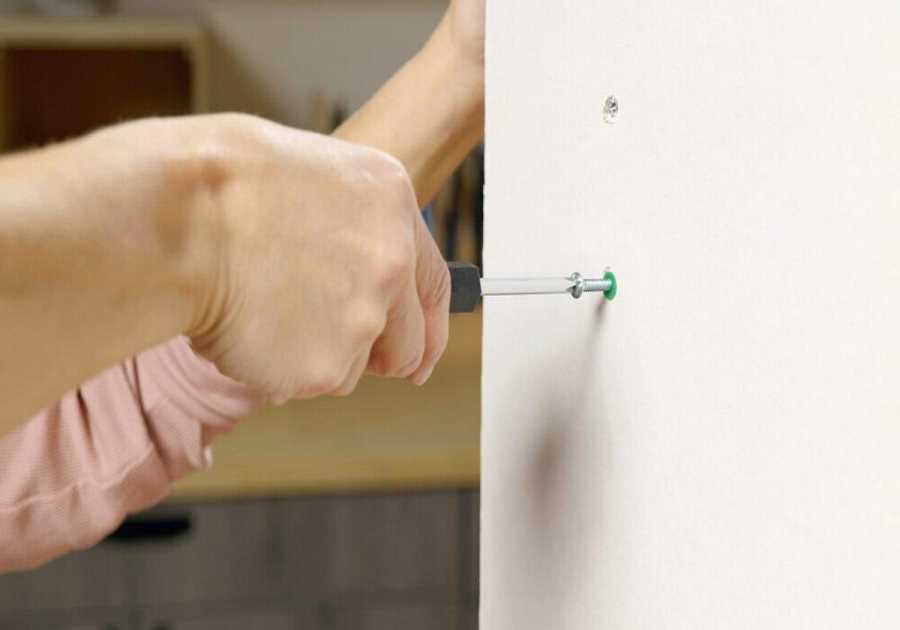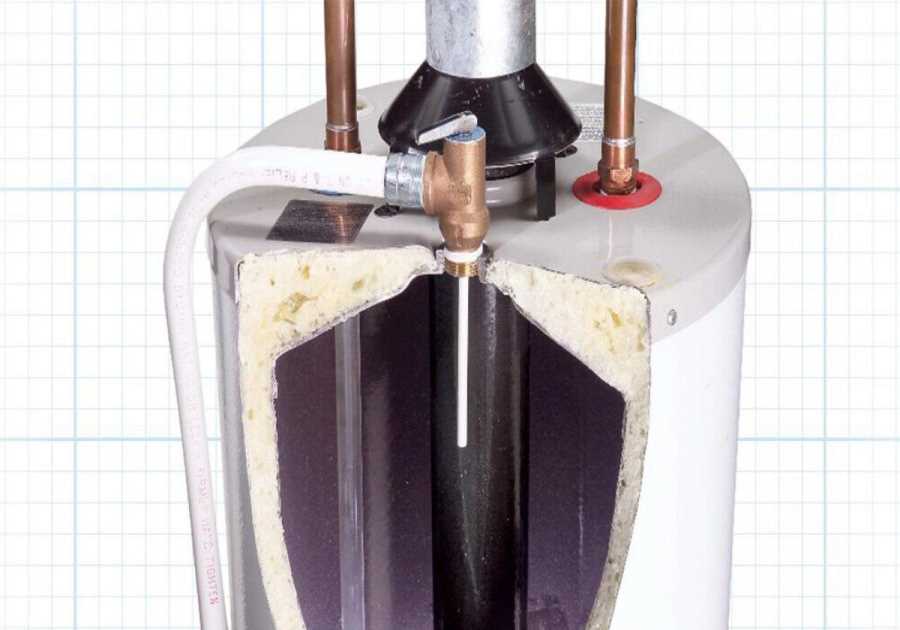Icicles hanging from your gutters during a snowy winter can be scary. If you’re having this problem, the reason might seem counterintuitive: You probably don’t have enough attic insulation.
As we learned in science, warm air rises. Insulating the attic floor traps most of that heated air in our living spaces. Otherwise, it wafts into the attic, warming the roof and melting the snow, which then drips down to the roof edge to form icicles.
So how much is that insulation going to cost? The national average is around $2,500. But if your attic already has some insulation, you’ll pay a lot less — perhaps as little as $500. On the other hand, if you have a large attic and need to remove existing insulation that’s wet and moldy, you could pay $4,000 or more.
One caveat: Some houses built before the 1980s have asbestos insulation in the attic, and the Environmental Protection Agency (EPA) recommends leaving that undisturbed. If it must be removed, the EPA says you should hire a licensed asbestos abatement contractor. Some state or county health authorities may require it. Depending on attic size and other variables, the total bill with asbestos removal ranges from $2,500 to $8,000.
Signs You Need Attic Insulation
The best way to determine if you need attic insulation is to go up there and look around. Don’t worry about the underside of the roof. Check the floor. The existing insulation should rise to the tops of the floor joists. If it doesn’t, or you see significant clumping or signs of mold, you need to re-insulate.
Here are some more signs you need more attic insulation:
- A higher-than-expected energy bill in winter: This indicates you’re losing heat through the attic. You might also feel drafts coming through the ceiling.
- Uneven heating between rooms: This indicates an uneven distribution of attic insulation.
- Insects in the ceiling: They’re probably there because the attic is humid, and possibly wet, due to inadequate insulation.
Cost of Attic Insulation Factors

If you call an insulation contractor, they’ll evaluate several factors before giving you a quote. The main one, of course, is the size of the attic. Insulation materials vary in price from less than $1 to $7 per square foot.
Other factors include:
- Insulation material: Fiberglass and cellulose loose-fill insulation tend to be the least expensive options, with structural insulation panels the most expensive.
- Recommended R-value: A measure of thermal resistance, this varies by climate. You can find recommendations for your area on this chart published by Energy Star. To achieve a higher R-value, you usually need more insulation.
- Labor: Installation costs vary from region to region and from contractor to contractor. At a minimum, expect to pay $1.50 per square foot, but it can be as high as $3.50 per square foot in some places.
- Removal of existing insulation: If your current insulation is clumped or moldy, it’s no good and will have to be removed. This will cost an extra $1 to $2 per square foot, assuming no asbestos.
Types of Attic Insulation
The most common types come as batts, rolls or loose-fill material that can be blown in or manually deposited between the floor joists. Your choices:
- Fiberglass: About $1 per square foot, possibly less.
- Cellulose: About $1 per square foot, possibly less.
- Mineral wool: $2 to $3 per square foot.
All three are relatively lightweight. If you’re only insulating the attic floor, any of these materials will work. If you have moisture problems in the attic, go with mineral wool because it’s waterproof.
Homeowners seeking to insulate the entire attic, including the underside of the roof deck and the walls, can use batts or rolls ($1 to $3 per square foot). But they may find structural insulating panels ($4 to $7 per square foot), which are rigid sheets of styrofoam sandwiched between sheets of reflective foil, easier to install.
Spray foam ($3 to $5 per square foot) is also a good choice but must be professionally installed.
DIY vs. Hiring a Pro
Labor for installing insulation in a 1,000-square-foot attic runs from $1,500 to $3,500. That’s a lot of money you could save by DIYing the job. And in most cases, that’s a realistic proposition.
You don’t need any special skills to cut batt insulation and lay it between the attic floor joists. If you opt for loose fill, it doesn’t cost much to rent a blower for a day or two. Structural panels are also relatively easy to cut and install.
But don’t try to DIY spray foam; there’s too much potential for making a mess with the ultra-sticky material. The price of spray foam usually includes installation.
You should also consider hiring a pro to remove old insulation. Carting it away is a hassle you probably don’t need. And if it contains asbestos, it could be dangerous and illegal to do it yourself.






